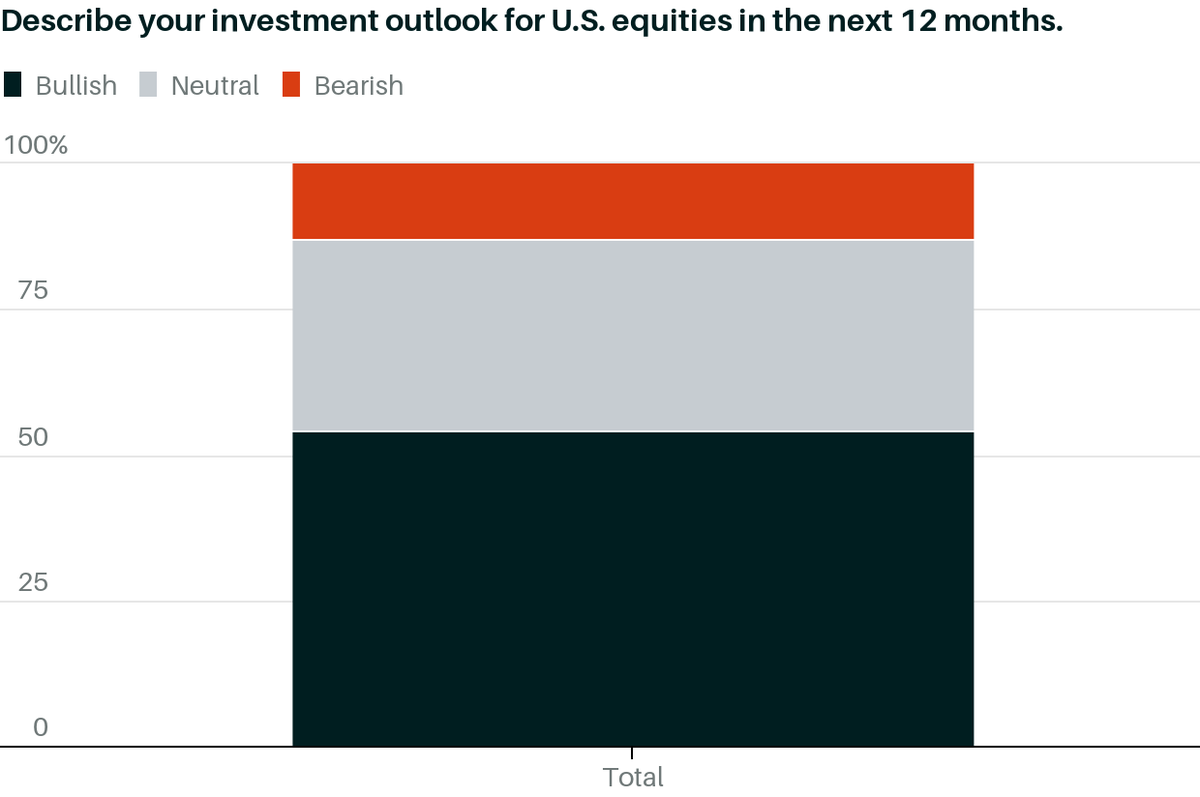
Between a pandemic, a recession, and a contentious presidential campaign, 2020 has thrown investors for a loop—and the year ahead could be just as eventful. In this week's issue: 

In an exclusive Barron’s survey of U.S. money managers, respondents say they’re bullish on the prospects for stocks after a year of turmoil. Here’s how they’re planning to put money to work on.barrons.com/3o9pYS6
It's time for investors to take a fresh look at eBay. Here's why barrons.com/articles/ebay-…
Preferred stocks' payouts are dropping—but investors can still find yields of 4% to 8%. Here's where to look barrons.com/articles/prefe…
• • •
Missing some Tweet in this thread? You can try to
force a refresh




